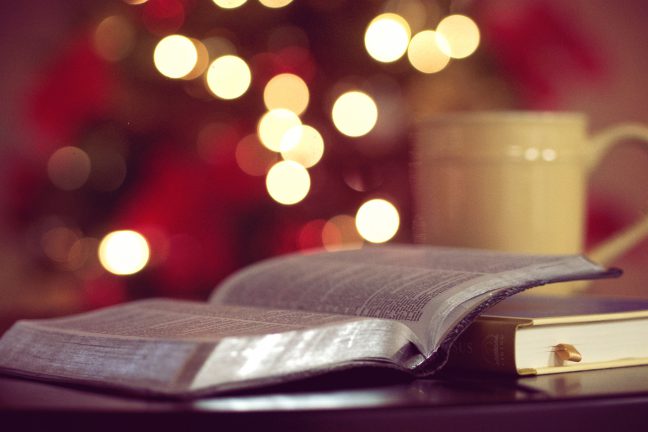For my last post of 2017 I’m going to highlight some of the books, blog posts, and articles I read this year that have had an impact on my thinking and professional practice. These items are not necessarily new publications but just works I have read (or re-read) this year.
Silencing the Past by Michel-Rolph Trouillot
This is a book that completely changed my thinking about the silences in history. I think it is a must read for any archivist or those who use archival records as part of their work. It includes a deep and well framed dive into the nature of power in historical narratives. Trouillot argues that silences are created during every step of the historical process – from source creation, to preservation in archives, to the writing of historical narratives/the work of historians. Personally, Trouillot’s framing has been helpful when I’ve been thinking critically about the colonial archives in Canada and the silences presented around Indigenous communities in those archives.
150 Acts of Reconciliation for the 150 Days of Canada’s 150 by Crystal Fraser and Sara Komarnisky
In an year filled with Canada 150 celebrations and #Resist150 protests there is a need for Canadians to think critically about what it means to live on Indigenous land. The #150Acts list presented tangible actions settlers could take towards reconciliation. This is a must read for anyone interested in reconciliation work or building better relationships with Indigenous communities. Read each act. Then actually do the work.
The Canadian Indian Residential School System Wikipedia Article
Since June 2016 Danielle Robichaud and so many other archivists, librarians, and activists have worked to improve this Wikipedia article. At the start of this effort the article was rated as C-class. It had a number of content and source problems. As a result of a whole lot of work the article now well written, properly sources, and was a Featured Article on December 26, 2017. I think it’s fantastic that so many people worked together to improve this article and hold this up as an example of how editing Wikipedia can be a form of reconciliation and decolonization work.
Tending tenderness and disrupting the myth of academic rock stars by Zoe Todd
In this blog post Todd presents an approach of radical empathy to move away from the cult of the academic celebrity. Her work emphasizes building meaningful and nurturing relationships while, rethinking “our relationships to the academy and to centre a strong ethic of collaboration and co-thinking within our efforts to disrupt the academy itself.”
“The Holiday Spirit Will Prevail: Settler Colonialism and Indigenous Erasure in Ontario’s ‘Cottage Country’” #Beyond150CA Twitter Conference Presentation, by Anne Jahunen
This was one of the many fantastic presentations that were part of the Beyond 150 Twitter Conference held in August 2017. Jahunen’s presentation does an excellent job of illustrating the colonial roots of cottage country and the Parks system in Canada. The presentation looks specifically at the Georgian Bay National Park but many of colonial systems pointed to can be applied to other parks as well. I included this presentation in the readings for my public history students during the week were talking about Parks and it generated a lot of thoughtful discussion.
She’s Hot: Female Sessional Instructors, Gender Bias, and Student Evaluations by Andrea Eidinger
This post shattered the record for most reads on the Active History website. It is a must read for anyone in academia. Eidinger takes a critical look at the gender bias behind student evaluations and examines the structural problems with heavily weighting student evaluations in relation to tenure/promotion.
Archiving the Unspeakable: Silence, Memory, and the Photographic Record in Cambodia by Michelle Caswell.
I struggled to pick just one of Michelle Caswell’s works to include on this list. But ultimately her book Archiving the Unspeakable won because of its breadth and perspective on the the nature of archives within colonial or oppressive regimes. Caswell’s work examines the Khmer Rouge archives in Cambodia with an emphasis on the photographic archives and the associated silences found in these records. This book address archival silences in photographs but also talks about the power of photographs in terms of community memory and identity.
Let the People Lead: Supporting Sustainability vs Dependency Models for Funding Community-Based Archives by Bergis Jules.
This post takes a look at community based archival models in the United States with an emphasis on the funding, staffing, and sustainability of community models. Jules argues that, “Grant makers can have an extremely important role to play in funding the sustainability and the growth of community-based archives, but they risk replicating exploitative models if the people who do the the work of community archives aren’t at the table from the beginning or tapped to lead some of these efforts.” The post also discusses the challenges of community based archives houses within post-secondary spaces. As someone who works at a community archive within a university this really hit home for me. There is a lot of food for thought in the piece which I’m still chewing on. Recommended for anyone interested in community archives.
This is just a snapshot of some of the fantastic reads I’ve had the chance to consume over the past year. What are you favourite reads from 2017?
Photo Credit: Photo by Aaron Burden on Unsplash

